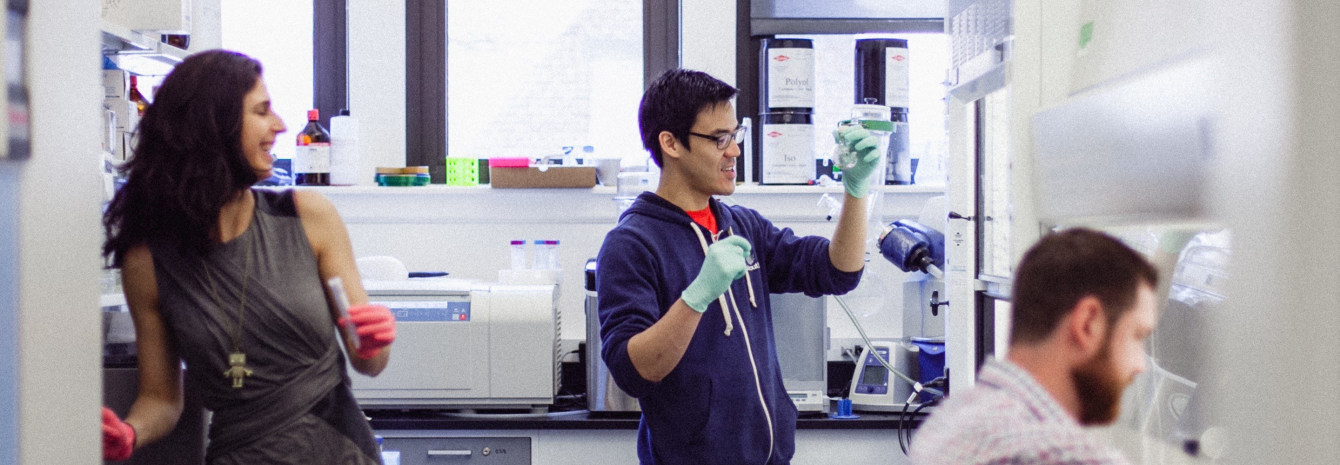Will congenital defects become a thing of the past?

Two Columbia alumni, Nina Tandon '08SEAS, '09SEAS, '12BUS and Sarindr “Ik” Bhumiratana '09SEAS, '12SEAS, started the company EpiBone to create patient-specific, anatomically-customized living bone grafts that seamlessly integrate into the body.
Even the current gold standard of bone replacements—bone cut from elsewhere in the patient’s body—can cause ongoing complications, and other forms of transplants, such as those that use artificial materials, risk rejection by the immune system.
After working in engineering professor Gordana Vunjak-Novakovic’s Laboratory for Stem Cells and Tissue Engineering during their graduate studies at Columbia, the two founders created a project that harnessed the power of the body’s own stem cells to grow new bone for skeletal reconstruction, including for patients with congenital facial defects or trauma to bones of the head and face. By using the patient’s stem cells, they avoid the problem of rejection by the immune system as well as ensure that the new bone will link up with other systems in the body and continue to grow after implantation.
In 2013, Tandon and Bhumiratana were part of the pilot class for the Innovation and Entrepreneurship boot camp at Columbia Business School, which helped them turn a science project into a science business. They founded EpiBone in 2014 and are working to translate their prototype, which has been successful in animal trials, into a product that will transform how bone replacement is done.
EpiBone’s targeted approach to bone replacement—using a patient’s own stem cells—underscores the promise of precision medicine, which extends beyond the realm of the genome to tailor treatment in every way for the individual. Learn More.
Make Your Commitment Today
